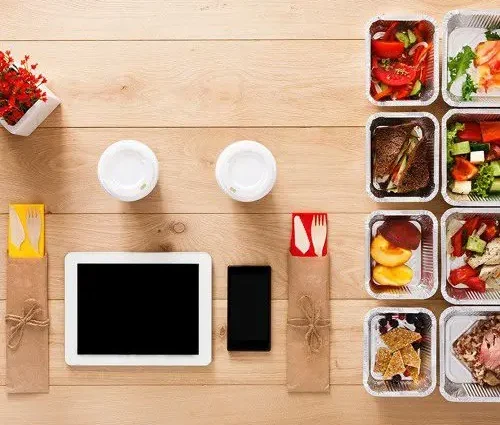Contents
The hotel and restaurant industry have the best ally in technology to achieve sales and customers
Big Data is changing. Virtually all industries turn to its analysis and study for decision-making, including the gastronomic industry. Your restaurant can also take advantage of it. I tell you some ways.
Big Data in theory is the processing of information in large volume, which cannot be analyzed or interpreted, except with the help of technology.
In business it is used to analyze this information to obtain X-rays of customers: their tastes, behaviors, preferences, habits, etc.
Here are five ways restaurants take advantage of Big Data.
Sell more, using external information
A small or medium restaurant usually obtains information on payroll, sales, inventories and other information that its day to day generates. However, there is a lot of information that is generated outside the ecosystem of that restaurant, of equal or greater value.
Some restaurants have studied the most popular order time from large restaurants, using social media, Yelp! Reviews, even the weather forecast, traffic information, and trends on Google.
The information generated can help you establish promotions, market strategies, and even a schedule to deliver your food for free at home, for example.
Increase efficiency by integrating systems
Large restaurants use a lot of software or systems. Franchises, like McDonald’s, can even have as many as 20.
Among them are the POS, programming, payroll, schedules, warehouse control, taxes, suppliers, etc. They all generate information. What would you do if you could access the information that McDonald’s has in its information software?
Yes, there are Big Data companies that have this information and use it in smaller restaurants to create new business opportunities, products, even for personnel searches, salary trends, etc.
The possibilities are endless.
Automate your restaurant
You, better than anyone, know that restaurants work at high speed: in a matter of minutes your staff can go from comfortably and calmly serving a diner, to having a waiting list for a table. Keeping pace with change means that the restaurant has information and processes it appropriately.
If you want the same, you need data. Big Data provides information in real time, that is, the knowledge necessary for the management of a restaurant to be dynamic, forecasting the behavior of customers.
Imagine a scenario where Big Data collects the data, analyzes it, and then provides you with a list of actions to be carried out by your staff to always be prepared at the right time.
Get configurable and personalized information
Every business has its way of working. Even in restaurants in the same sector they work with different systems.
They also have different business models, compensation for team members or ways of working with suppliers.
The power of Big Data makes it easy to combine industry metrics with unique models to get reports that combine data from your own and from other restaurants.
You can obtain information on the average consumption per person in Chinese food restaurants, how many Indian food restaurants operate in Madrid with more than 1000 customers per month, etc.
Create a personalized experience for your client
Consumer demand is more powerful than ever. The millenialFor example, they know what they want and how they want it, forcing restaurants to change processes and services.
The perception of food has also changed. Now food is also photographed and published. Restaurants are challenged to create food that is not only delicious, but also visually spectacular.
If you have access to information obtained from Big Data, you will have a great competitive advantage. Customize the eating experience, merchandising, technology, and food availability that consumers seek. If with all that you get them to “feel” something with your food, you will have their loyalty. Loyalty is the gateway to the pocket of your guests.
A company that provides the Big Data service is HotSchedules, although it is not Spanish, it provides valid data for practically any country.










